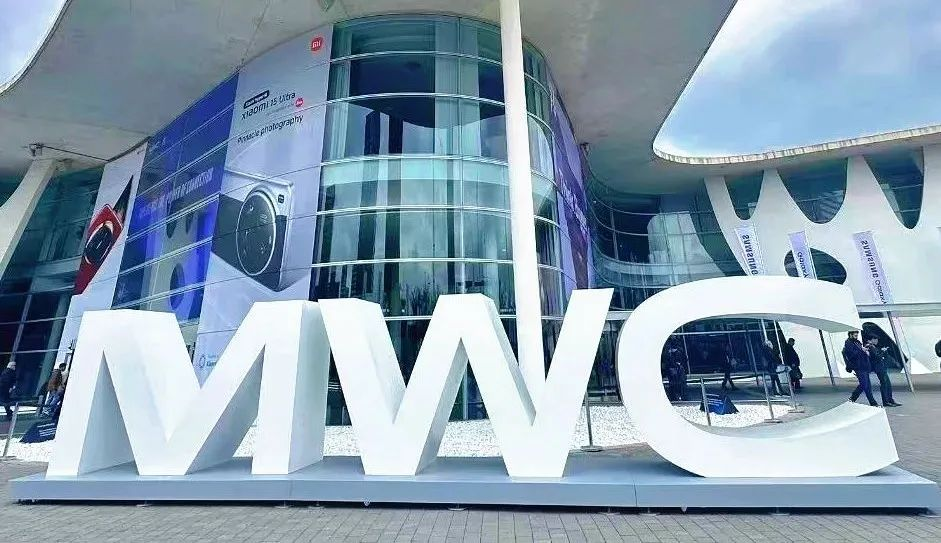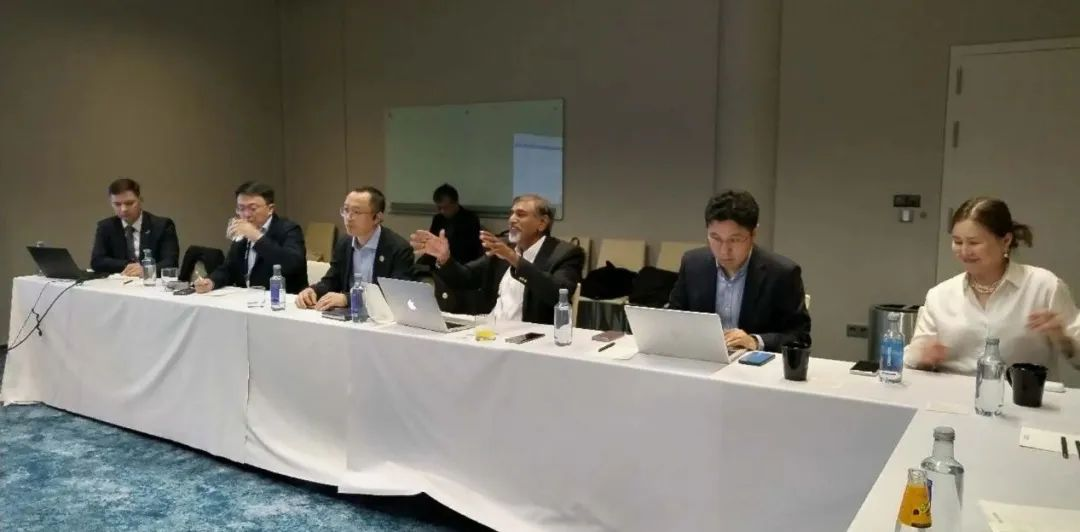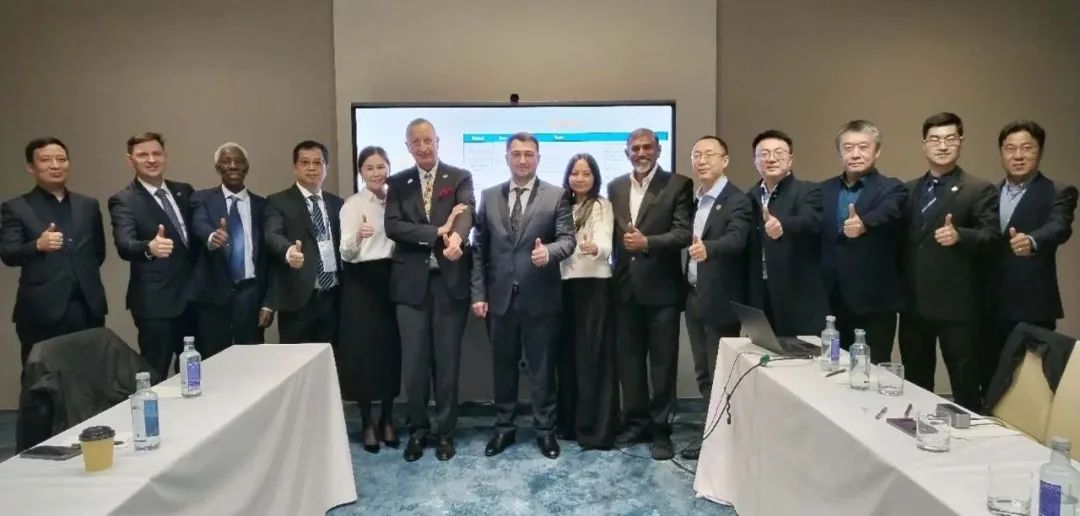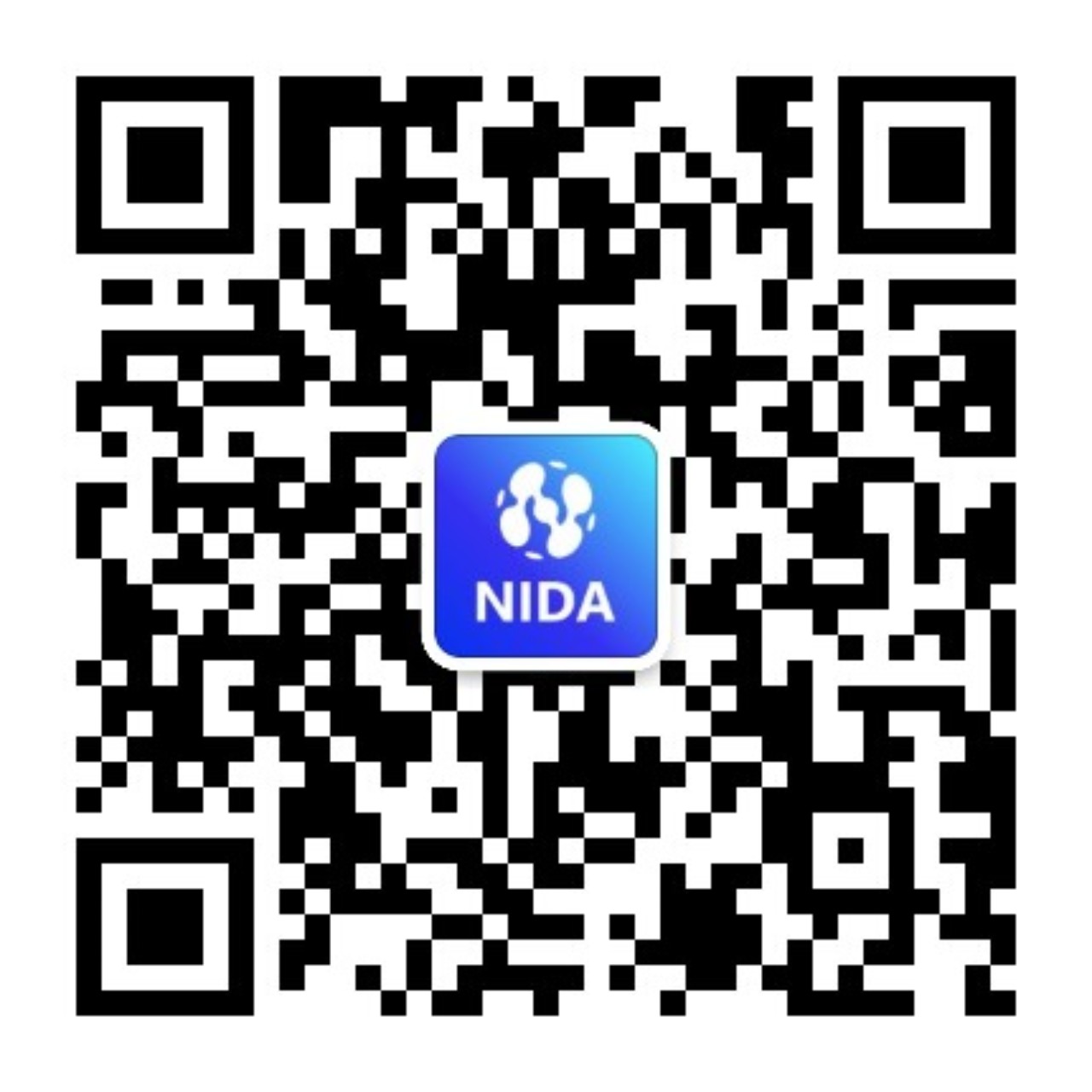MWC25 Frontline Report: NIDA Collaborates with IPv6 Forum and Huawei to Host Central Asia IPv6 Roundtable

[Barcelona, Spain, March 5, 2025] During MWC25, the Global Fixed Network Innovation Alliance (NIDA), IPv6 Forum, and Huawei's Data Communication Product Line jointly hosted the Central Asia IPv6 Roundtable. The event shared the latest developments in global IPv6 adoption and explored the path for IPv6 evolution in Central Asia.
Professor Latif Ladid, Chairman of the IPv6 Forum and member of NIDA's Strategic Advisory Committee, delivered the opening speech. He highlighted the increasingly critical role of IPv6 in the digital transformation process, IPv6 not only addresses the issue of address exhaustion but also offers extensive applications in data transmission efficiency, traffic management, and network security. Qiu Yuefeng, Vice Chairman of NIDA and Vice President of Huawei's Data Communication Product Line, emphasized that IPv6 evolution should not be limited to individual end devices but must comprehensively consider all aspects of the traffic flow, including terminals, networks, servers, and applications.
In the keynote session, Professor Sureswaran Ramadass, Vice Chairman of NIDA and Chairman of the APAC IPv6 Council, detailed Saudi Arabia's three-step plan to evolve toward a 10G all-optical Ethernet network based on the Net5.5G target architecture, steadily advancing the construction of the "City of the Future." Deng Yiou, Secretary-General of NIDA, provided a comprehensive overview of the four major scenarios in Net5.5G: "Computing Connected," "Intelligence Connected," "Data Connected," and "Space Connected," along with related hot technology standards. He also pointed out that the next-generation internet standards require collaboration among various industry organizations. NIDA currently has four working groups actively promoting Net5.5G standards and has established strong cooperation and consensus with international organizations such as ITU and WBBA.
 Experts Engage in Lively Discussions
Experts Engage in Lively Discussions
Tayeb Ben Meriem, Chairman of WBBA Working Group 4 and member of the IPv6 Council, shared the latest achievements of his working group in advancing Net5.5G standards. He noted that Net5.5G, as a critical bridge from the digital era to the intelligent era, plays a vital role in connecting these two epochs.
Damir Seissembekov, Chairman of the Kazakhstan Telecommunications Committee, explained that Kazakhstan is currently at a critical stage of transitioning from copper to fiber optics and evolution from IPv4 to IPv6. He expressed a strong desire to fully embrace IPv6 and reap the benefits of new technologies. The participating experts actively contributed to the discussions, offering insights and suggestions for Kazakhstan's IPv6 journey.

Net5.5G: A Key Bridge in the Transition to the Intelligent Era
In the historical transition from the digital era to the intelligent era, Net5.5G will serve as a crucial infrastructure bridge. NIDA's focus on researching and developing network standards will undoubtedly have a positive impact on network innovation and development in Central Asian countries like Kazakhstan. NIDA remains committed to defining the evolution path and standards for next-generation internet infrastructure, driving industry upgrades, and collaborating with global industry organizations to build a solid foundation for the intelligent era.

